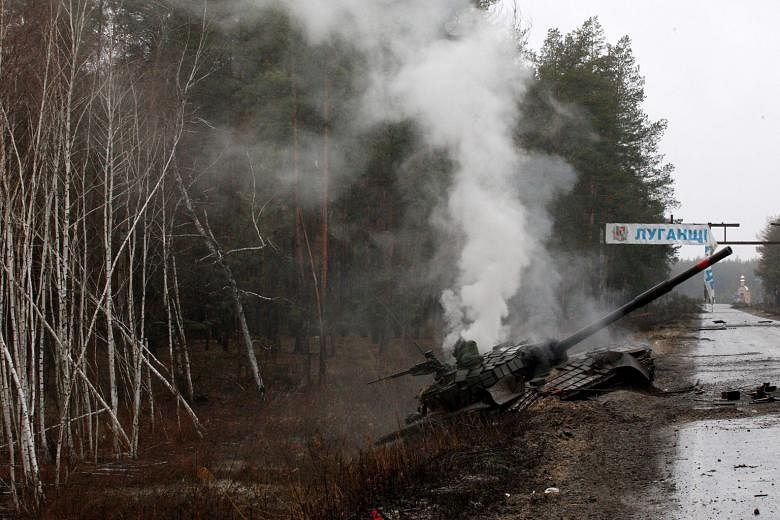(NYTIMES) - When the United States, in its hour of hubris, went to war to remake the Middle East in 2003, Mr Vladimir Putin was a critic of US ambition, a defender of international institutions and multilateralism and national sovereignty. This posture was cynical and self-interested in the extreme. But it was also vindicated by events, as America's failures in Iraq and then Afghanistan demonstrated the challenges of conquest, the perils of occupation, the laws of unintended consequences in war.
And Mr Putin's Russia, which benefited immensely from US follies, proceeded with its own resurgence on a path of cunning gradualism, small-scale land grabs amid "frozen conflicts", the expansion of influence in careful, manageable bites.
Already a subscriber? Log in
Read the full story and more at $9.90/month
Get exclusive reports and insights with more than 500 subscriber-only articles every month
ST One Digital
$9.90/month
No contract
ST app access on 1 mobile device
Unlock these benefits
All subscriber-only content on ST app and straitstimes.com
Easy access any time via ST app on 1 mobile device
E-paper with 2-week archive so you won't miss out on content that matters to you

